PART I - Florida-Friendly Landscaping Tips From Your Partners at HMI
By HMI
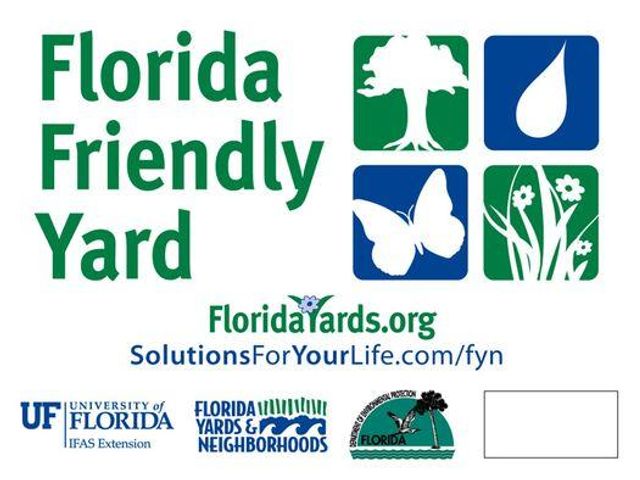
First impressions matter, especially when in comes to landscaping in Florida. When deciding on the right types of low-maintenance and drought-resistant plants for your property, it is important to select a qualified contractor that will not only provide you with landscaping options that are aesthetically pleasing, but are Florida-friendly as well.
Good landscaping starts with a good design plan. Hara Management, Inc., Central Florida's premier association management and property management firm, has the experience and vendor relationships to source the right professionals to help guide your landscaping design options. Of course, before beginning any landscaping project in a deed-restricted community, you must check your community documents to make sure that you are following established covenants and bylaws pertaining to approved grasses, plant, and mulch selections.
So, what makes up a Florida-Friendly Landscaping Plan?
To begin with, it's selecting The Right Plant in the Right Place
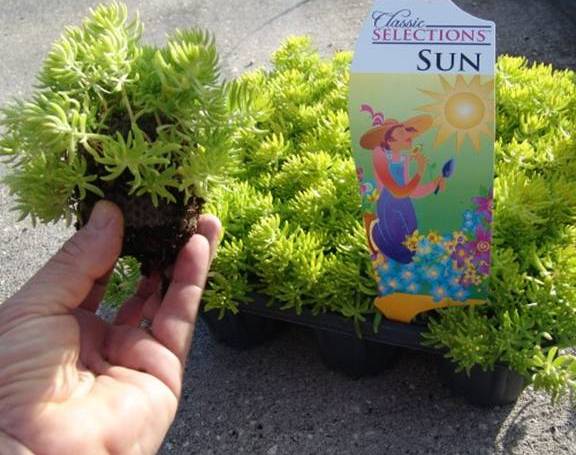
Almost any plant will survive in your landscape if you plant it in the right place. You can drastically reduce the need for water, fertilizer, pesticides and pruning if you follow these tips:
- Make a note of the type of soil, sunlight exposure and water conditions of the planting site before you shop.
- Choose plants that thrive under the conditions you noted.
- Limit the number of plants that need a lot of water or care.
- Keep only as much grass as you directly use for recreation and other purposes.
- Plant beds and mulched areas use less water than grass.
- Remove invasive exotic plants so they don’t steal water and nutrition from Florida-friendly plants.
Water Efficiently
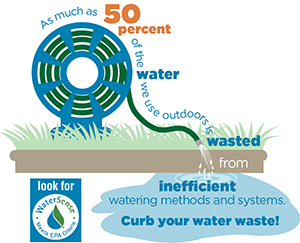
Typically, at least 50% of water used by households is used outdoors. Efficient watering will not only help you save money and conserve water, but can also create a healthier landscape. Follow these tips to save water and money:
- Water your lawn and plants only when you know they need it or show signs of stress.
- Use a rain gauge or moisture sensor so you will know if rainfall has done the job.
- Install a drip or micro-spray system in your plant beds. They use water more efficiently than traditional spray heads.
- Install an automatic rain shutoff device to avoid watering when it’s raining.
- Stop over-watering! Over-watered grass has short roots that make it harder to survive pest attacks, disease and drought.
- Collect water in a rain barrel to use to water your plants.
Fertilize Appropriately
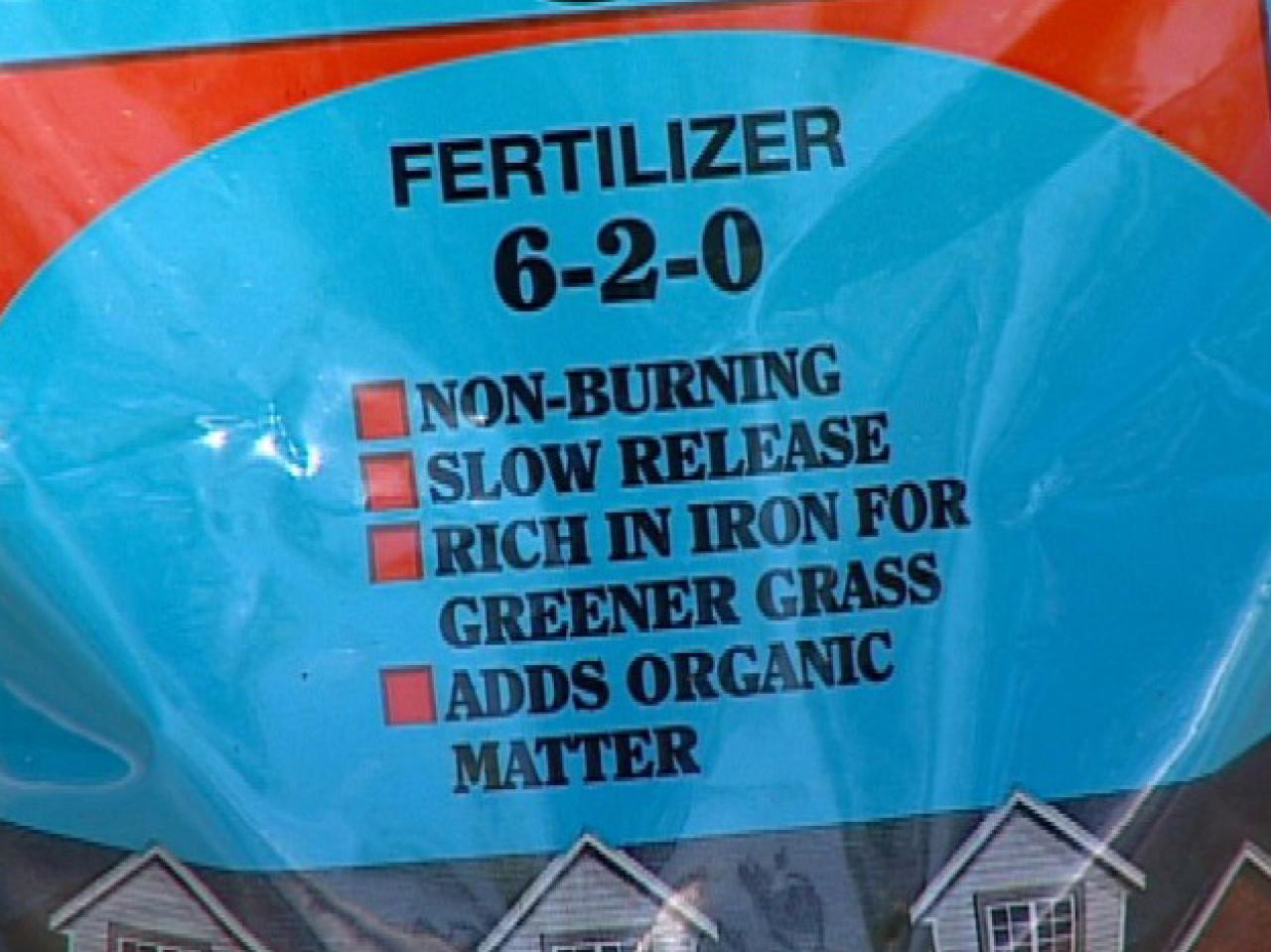
When too much fertilizer is applied to landscapes, it seeps past the root zone of the grass, plants or trees and into the aquifer or runs off into water bodies. Plants, animals and people depend on clean water for survival. Follow these tips to help prevent water pollution:
- Fertilize lawns, trees and plants only to maintain health. Don’t exceed recommended amounts. Fertilizer will not help poor growth caused by too much shade, disease or pests.
- Use slow-release fertilizers that make nutrients available to plants for a longer time. They are kinder to the environment and are usually more cost-effective.
- Use iron instead of nitrogen if you want to “green-up” your lawn. Hold off on fertilizing if a heavy rain is expected, and don’t over-irrigate after applying.
- Follow the directions on the fertilizer package and use a drop spreader instead of a rotary spreader to apply it.
- Avoid weed and seed products.
Mulch
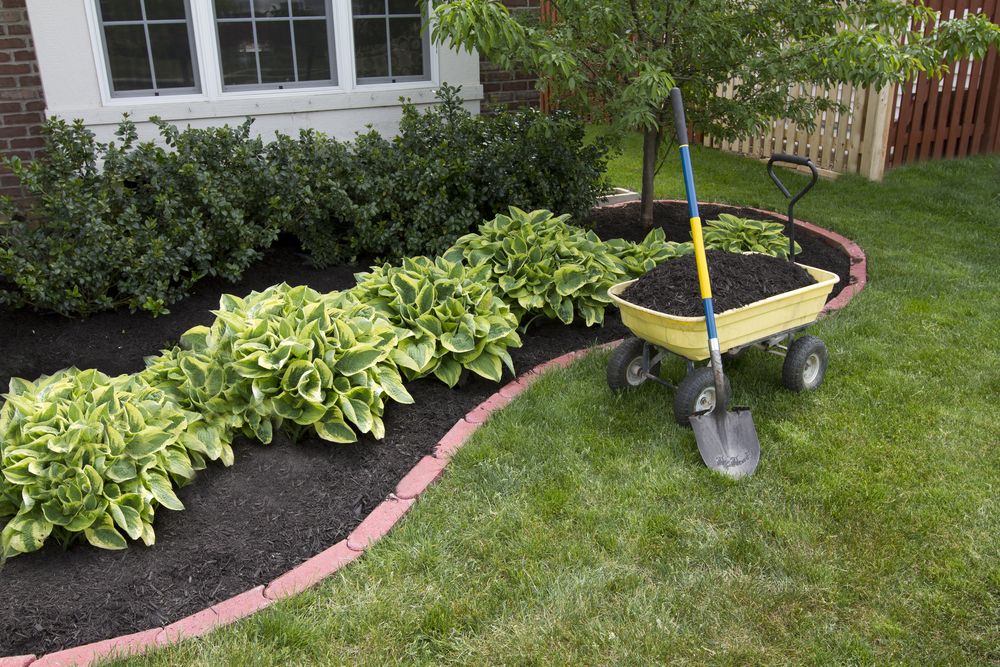
Who likes to weed? Keeping mulch on your plant beds helps control weeds, retain soil moisture and reduce erosion and storm water runoff. Follow these tips when mulching:
- Cut down on mowing by replacing grass with mulch in areas that are shaded or difficult to mow.
- Keep the level of mulch up to 2–3 inches by applying it once or twice a year.
- Keep mulch 2 inches from the base of plants to a void disease.
- Let fallen tree leaves stay under a tree to create self-mulching areas.
- Look for cypress mulch that is not harvested from Florida’s wetlands.
- Choose recycled mulch or alternatives like melaleuca, leaves, pine needles or bark.
WATCH YOUR EMAIL NEXT WEEK FOR PART TWO!
Make your association common areas, or commercial & rental properties stand out by allowing Hara Management, Inc. to assist you with sourcing all of your landscaping needs. Call them today at (407) 628-1086 or pay a visit to their website to learn more about HMI.
Resources: The University of Florida established nine Florida-friendly landscaping principles to guide Florida Yards & Neighborhoods programs offered through county Extension Service offices. On the web at: www.ifas.ufl.edu/extension/ and http://floridayards.org/
About the Business
Have a question? Ask the experts!
Send your question

